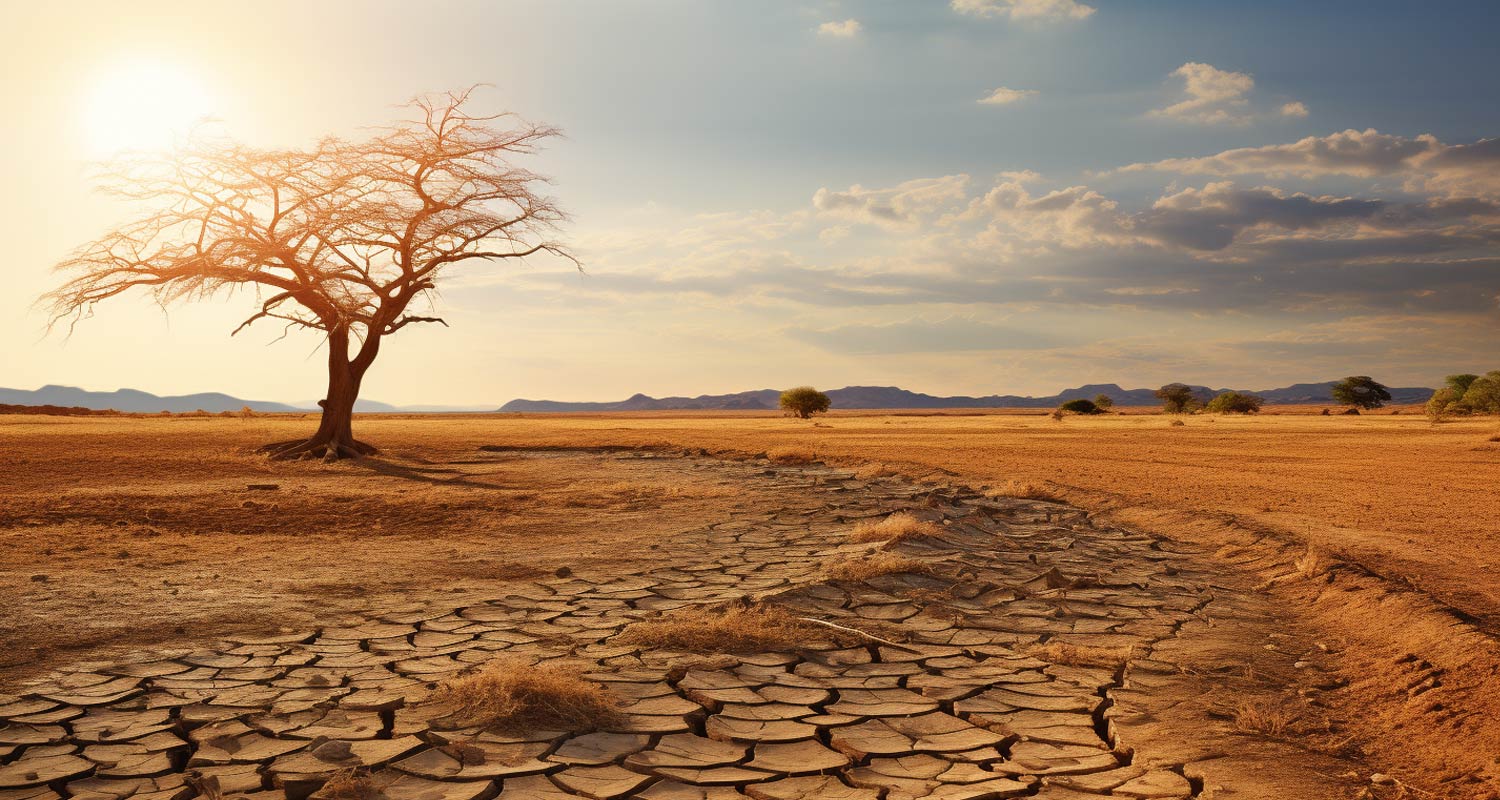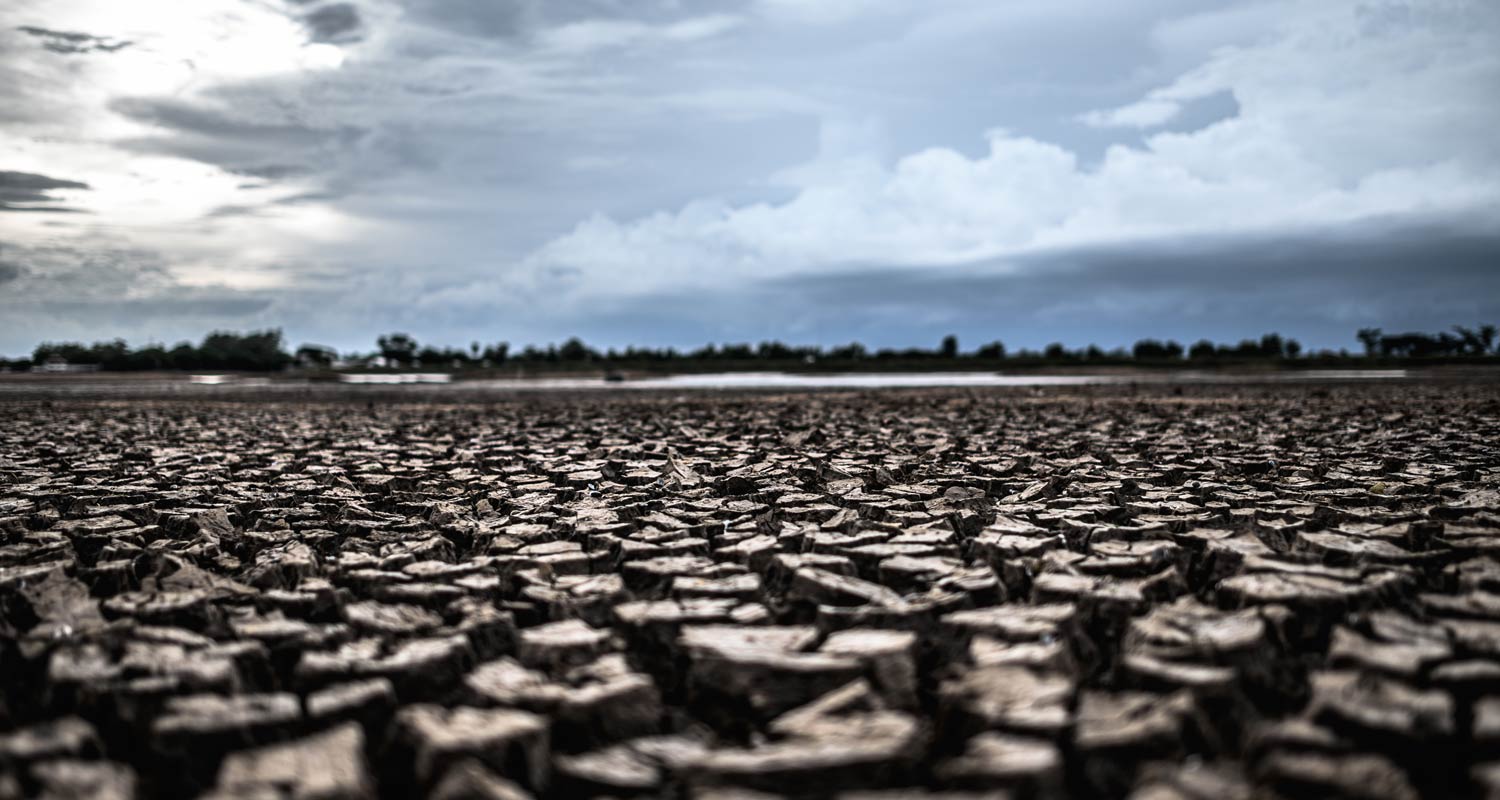 A swathe of Southern Africa suffered the driest February in decades that wiped out crops, precipitated power shortages and threatened to send already high food prices surging further.
A swathe of Southern Africa suffered the driest February in decades that wiped out crops, precipitated power shortages and threatened to send already high food prices surging further.
Last month, large parts of Zambia, Botswana and Zimbabwe had the least rainfall — or close to it — since records began in 1981, early data from the University of California Santa Barbara’s Climate Hazards Centre shows. The centre based its preliminary appraisal mainly on satellite-based rainfall estimates, with a final assessment due next week that will include more rainfall gauge observations.
The dry spell, blamed on the El Niño weather phenomenon, is the latest indicator of how severely Africa is being impacted by extreme weather events that scientists say are becoming increasingly frequent and severe because of climate change.
Zambian President Hakainde Hichilema last week declared the drought a national disaster — an estimated 45% of planted areas have been destroyed just as the staple corn crop should be maturing. In Zimbabwe, some farmers have given up trying to grow and harvest their crops, allowing cattle to graze on what’s left. Water flows in the Zambezi River, which powers turbines that both nations rely on for electricity, are less than a quarter of what they were a year ago.
“This drought has devastating consequences,” Hichilema said in a national address. “The destruction caused by the prolonged drought spell is immense.”
The cost of maize in Zambia surged an average 76% in February from a year ago. In neighbouring Zimbabwe, US dollar prices for the cereal have shown a similar increase since December alone, according to the Famine Early Warning Systems Network. In some areas, prices doubled within three months.
‘High rates for longer’
Zimbabwe’s government has warned that the 2024 harvest may be half of last year’s. The local grain millers’ association plans to import as much as 1.1 million tons of corn from South Africa and South America over the next year, the state-owned Herald newspaper reported on 28 February. The World Food Programme anticipates that about a quarter of the rural population will run short of grain in the first quarter.
“Food supply constraints brought on by dry conditions will place upward pressure on inflation in the region in 2024,” said Yvonne Mhango, Africa Economist at Bloomberg Economics. “This will likely mean high rates for longer.”
Read: El Niño: what it really means for South Africa
Large parts of Botswana have also been scorched by El Niño, with Botswana Meteorological Services noting that the vast majority of the country was receiving significantly less rain than normal. Farmers who receive government support planted less than half the area in the current season than they did in the previous one.
In Namibia, water levels in dams are already at dangerously low levels. The main reservoir supplying the capital, Windhoek, is only 11% full and dropping, according to Andries Kok, a spokesman for the national water utility.
 The drought is set to dampen output beyond agriculture. Zambia relies on hydropower for about 85% of its electricity generation and water levels at Kariba, the world’s biggest dam, which is fed by the Zambezi, have plunged to 15% of storage capacity — meaning power will have to be rationed. Zimbabwe has already increased the severity of its rolling blackouts.
The drought is set to dampen output beyond agriculture. Zambia relies on hydropower for about 85% of its electricity generation and water levels at Kariba, the world’s biggest dam, which is fed by the Zambezi, have plunged to 15% of storage capacity — meaning power will have to be rationed. Zimbabwe has already increased the severity of its rolling blackouts.
Kariba’s inflows are so meagre this season they could end up among the lowest on record, according to the government agency that regulates the reservoir.
Read: Kariba Dam may be turned into floating solar farm
El Niño is mainly a seasonal phenomenon that makes extreme weather and climate events more likely, according to the World Meteorological Organisation. The current event is one of the five strongest ever recorded, and has contributed to drier and warmer conditions in parts of Southern Africa, it said in a 5 March statement. Temperatures were 4-5ºC higher than the February average, it said. — Reported with Taonga Mitimingi, Ray Ndlovu, Godfrey Marawanyika, Mbongeni Mguni, Sam Dodge and Kaula Nhongo, (c) 2024 Bloomberg LP

